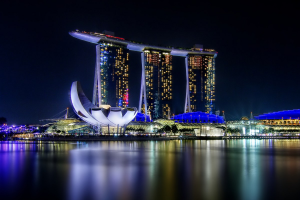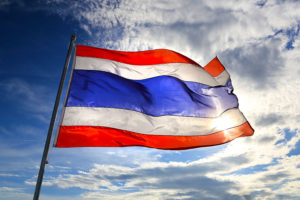Legalisation of casinos in Thailand: call for discussions on tax revenue collection

Deputy finance minister Julapun Amornvivat said discussions around the tax collection mechanism could last until the middle of this month.
Thailand.- Deputy finance minister Julapun Amornvivat has called all relevant state agencies for discussions regarding the government’s proposal to permit casinos to operate within entertainment complexes.
According to the Bangkok Post, Amornvivat said the focus of the discussion will be on the process for tax collection, given the constraints outlined in the State Fiscal and Financial Disciplines Act, which the government must comply with. The act stipulates that tax collection falls under the purview of the Customs, Revenues, and Excise departments within the Finance Ministry and cannot be delegated to a separate committee, as previously suggested by the House. Amornvivat said the debate could be finalised by mid-October.
As regards the House’s proposal to establish a new fund to support people with gambling-harm-related problems, Amornvivat said that the ministry would need to engage in more deliberations on the matter, as current regulations prohibit a ministry or agency from creating a redundant fund.
He indicated that the entertainment complex project will be open to all private investors interested in participating. Consequently, once the entertainment complex bill receives approval from the House, the government must establish clear regulations to govern the industry. The ministry, however, noted that this process may take considerable time to finalise.
He also mentioned that prominent entertainment companies like Walt Disney and Universal Studios could establish a presence in the country following the bill’s approval.
See also: Online slot games lead betting trends among Thai gamblers
Thailand plan to legalise entertainment complexes with casinos
The proposed legislation includes 30-year casino licences, with the option for a 10-year renewal. Casinos would be part of large entertainment complexes with hotels, convention centres, and amusement parks. In May, Julapun Amornvivat suggested that the casino component would be no more than around 5 per cent of the project’s total area.
The draft bill stipulates that complexes should be located in designated areas and operated by companies registered in Thailand with a minimum paid-up capital of THB10bn (US$283m). A policy panel led by the prime minister and a regulatory agency would oversee the industry.
Five locations are considered potential hosts: two in Bangkok, and one each in the Eastern Economic Corridor, Chiang Mai, and Phuket. Authorities hope IRs could increase tourism revenue by US$12bn.
In September, Korrawee Prissananantakul, a Bhumjaithai MP for Ang Thong, proposed that the government could explore the option of managing and running the casinos itself, suggesting this would generate income for Thais rather than a select group of investors.









